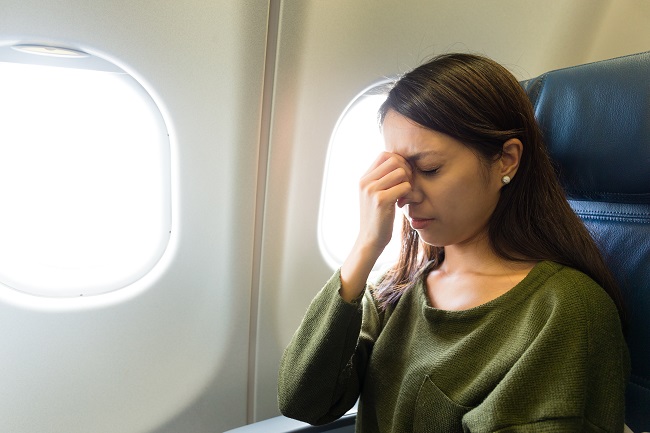Types of Anxiety Disorders
There are many types of anxiety disorders and many people who suffer from them. Some of the more well-known types are Generalized Anxiety Disorder (GAD) and Agoraphobia. However, not many people understand the nuances and differences between these disorders. Learning more about anxiety disorders is the key for those that suffer from them. Understanding the ways in which anxiety can present to different people and why anxiety can lead to a disorder will pave the way to becoming mentally healthy and aware.

GAD is a type of anxiety which lasts for 6 months or more and continuously makes someone restless, tired, irritable or frustrated. Physical symptoms may include muscle tension and aches. If you believe you have this disorder and you do not believe it is caused by medications or diet or another condition, contact a professional.
Agoraphobia is often misunderstood in society as a fear of open places or crowds. While this is one of the symptoms of this disorder, its underlying cause is more important in the treatment of agoraphobia. It starts with a physical symptom which cannot be controlled; for instance, incontinence or a constantly running nose or unexpected panic attacks. When the patient has no control over these functions he or she starts to fear the possibility of these things happening in a public place where there is no way out. Agoraphobia usually develops as a result of this.
Panic Disorder is another anxiety disorder which develops from unexplained bodily reactions. The first panic attack is usually unexpected or unexplained, where the body goes into a physical fight or flight mode and cannot be stopped. Heart palpitations and cold sweats and nausea may ensue. Some people mistake the first panic attack for a heart attack. After that, the fear that another one is going to occur unexpectedly can cause avoidance and stress. One panic attack does not equal a disorder but 4 or more panic attacks indicate a pattern which has been labeled as Panic Disorder.
There are many different types of anxiety which cannot all be covered here. Just a few more of them are Specific Phobia (having to do with objects or animals)and Social Anxiety Disorder (extreme embarrassment or fear of social blunders).
So how do you cope with anxiety?
Here at Family Restoration Counseling Services, we are committed to enlightening and re-enlivening everyone who comes in. There are many methods of combatting anxiety and some are more specific to the type of disorder. For instance, systematic desensitization as a therapy treatment has extraordinarily high rates of success for those experiencing specific phobia. Please take action today if you or a loved one is experiencing uncomfortable levels of anxiety.
